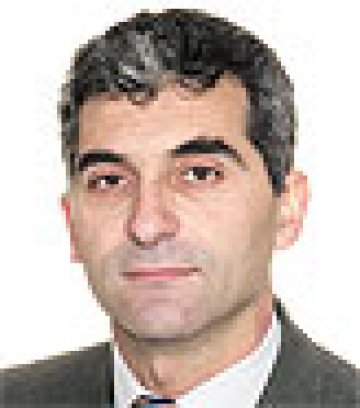Mrs. Santos de Escobar states that delinquency in El Salvador has increased and that the majority of criminal acts are not committed by young people. In this way, she asserts that juvenile delinquency has its base in an exclusionary social system without opportunities in El Salvador. Finally, our collaborator explains the measures of reinsertion anticipated for young people in conflict with the law in El Salvador from a multi-sectorial perspective of the opportunities of global integration of the minor.
IJJO Interviews
SLV
El Salvador
IND
India
Mr Vijay Hansaria analyses the legal situation and legal context of young offenders in India after the recent legislative reform. In this way he sets out the monitoring mechanisms in order to strengthen the justice system of minors and the adopted measures that favor legal assistance for minors in conflict with the law in India.
ITA
Italy
Dr. Padovani analyzes what is the current situation of children and young people in Italy. Indeed, in the context of the socio-economic situation in Italy, he reports the influence of the ongoing economic crisis in order to provide enough resources for the integration of young offenders. Finally, he considers the importance of a multidisciplinary intervention approach which can create a better intervention and good praxis for children in conflict with the law.
TUR
Turkey
Dr. Füsun Sokullu-Akinci analyses and explains the situation of minor offenders in Turkey and the progresses in the field of child protection regarding the Child protection Law of 2005 from an academic perspective. On the other hand, there is the obvious need to develop an integrated legal context that includes the necessary modifications favoring an integral and positive development and evolution of minors in Turkey.
ALB
Albania
Mr. Femi Sufaj in this interview explains the current situation of juvenile justice in Albania, the measures of prevention, reintegration and alternative sanctions applied to juvenile offenders in the country. Mr. Sujaf presents the policies adopted by the government and the measures envisaged in the law to deal better with young offenders and reintegrate them into society.




